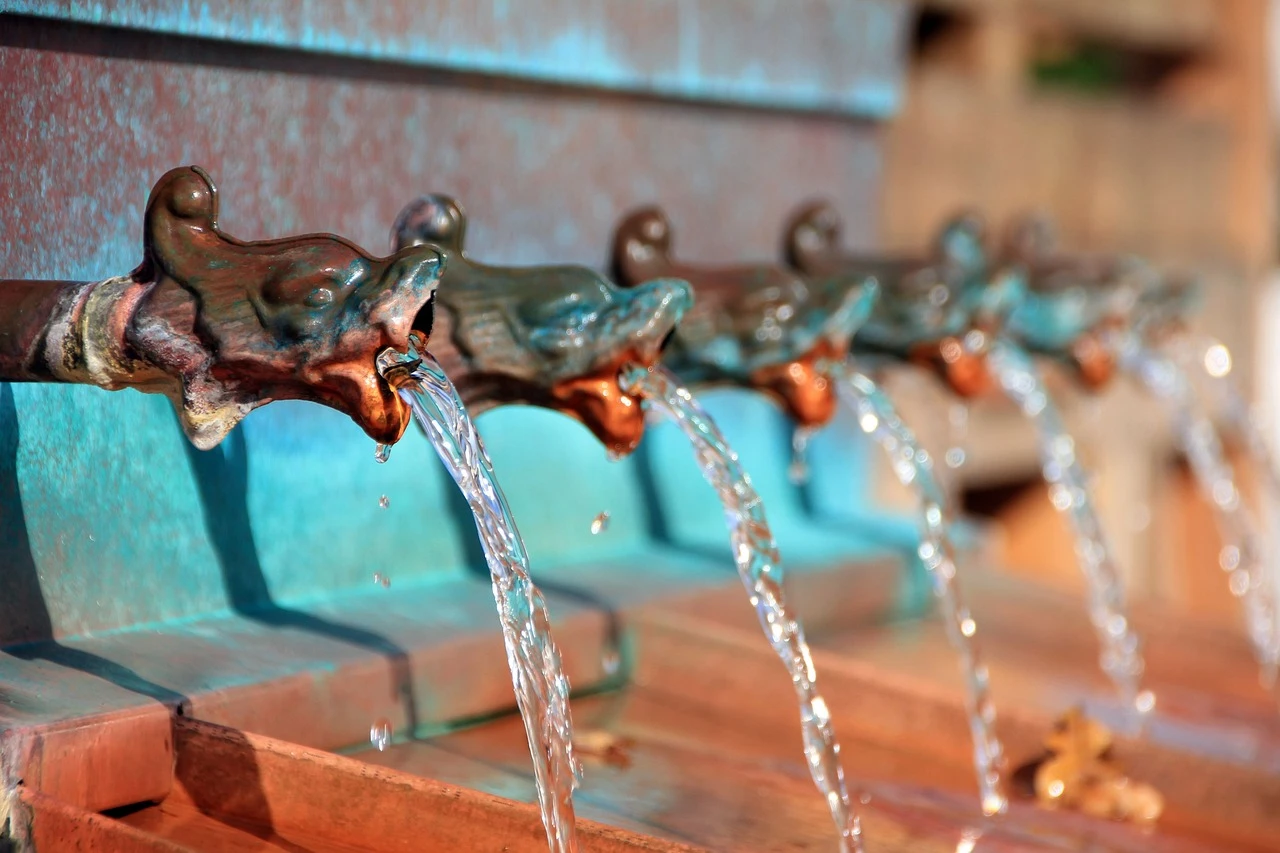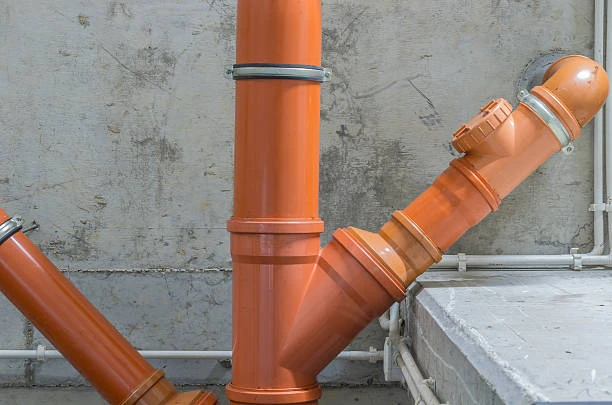Introduction: Water Pipe Failures on High-Traffic Roads
Water pipe bursts are a common issue faced by many cities and towns worldwide, but when it happens on the busiest road in town, it can create chaos. The latest incident of a burst water pipe on a major thoroughfare has left residents and commuters frustrated, and raised important questions about the condition of the town’s water infrastructure. This article delves into the causes and consequences of water pipe bursts, the impact of such incidents on daily life, and the measures towns can take to prevent them from happening again.
The issue of burst water pipes is not new. Over the years, these incidents have become a growing concern, especially in urban areas with aging infrastructure. When a water pipe bursts on a high-traffic road, it can cause significant disruptions, including road closures, water shortages, and costly repairs. Understanding why water pipes burst and how to address the problem is crucial for maintaining a smooth, reliable water supply for residents and businesses.

The Anatomy of a Water Pipe Burst
Water pipes are critical components of a town’s infrastructure, transporting clean water from treatment plants to homes, businesses, and public facilities. A burst water pipe occurs when a pipe ruptures, often due to pressure or environmental factors, leading to the sudden release of water. The consequences of a burst water pipe can be severe, particularly when it happens in busy areas.
Common Causes of Burst Water Pipe
- Aging Infrastructure: One of the primary reasons for burst water pipes, especially in older cities, is the age of the infrastructure. Many water pipes in older towns were installed decades ago and may not have been designed to withstand modern traffic conditions or the stresses of expanding populations. Over time, these pipes corrode, weaken, and become more prone to ruptures.
- Cold Weather: During winter months, freezing temperatures can cause water inside pipes to freeze, expand, and increase the pressure inside the pipe. This can lead to a burst, especially in pipes that are already weakened by age or corrosion.
- Ground Shifting: The ground surrounding a water pipe may shift due to construction, heavy traffic, or natural causes like earthquakes. When the ground moves, it can put additional stress on the pipes, causing them to crack or rupture.
- Poor Installation or Maintenance: In some cases, pipes may burst due to poor installation practices or lack of regular maintenance. Water pipes that are improperly installed or have not been regularly checked for damage can fail under the pressure of daily use.
- External Damage: Accidental damage from construction work, road repairs, or excavation activities can puncture or crack water pipes, leading to leaks or bursts.
How Water Pipe Bursts Impact the Community
When a water pipe bursts, it doesn’t just disrupt the water supply — it can cause widespread damage and inconvenience for both residents and businesses. Some of the key consequences of a burst water pipe on a busy road include:
- Traffic Disruptions: A burst water pipe on a major road often leads to traffic delays and road closures. Commuters may be forced to take detours, causing additional congestion and frustration. This is especially problematic on the busiest roads where traffic flow is already heavy.
- Flooding and Property Damage: The sudden release of water can cause flooding, damaging roadways, vehicles, and nearby properties. In some cases, it may lead to structural damage to buildings and underground utilities.
- Water Supply Interruptions: Depending on the severity of the burst, water supply to homes and businesses may be temporarily cut off. This can lead to difficulties for local residents and businesses that rely on a consistent water supply for daily activities.
- Repair Costs: The cost of repairing a burst water pipe can be significant, particularly when the damage occurs on a major road. It often requires extensive excavation work, which can be expensive and time-consuming.
What’s Being Done to Prevent Water Pipe Bursts?
Towns and cities around the world are taking action to prevent water pipe bursts and minimize their impact on the community. These actions range from infrastructure improvements to better monitoring and maintenance practices. While no solution is perfect, ongoing efforts are being make to ensure that water pipes remain in good working condition and that incidents like burst pipes become less frequent.
Infrastructure Upgrades and Replacement
One of the most effective ways to prevent water pipe bursts is by replacing old pipes with more durable materials. In many towns, water pipes were originally make from materials like cast iron or lead, which are prone to corrosion and deterioration over time. Today, modern materials like PVC, ductile iron, and HDPE are more durable and resistant to breaking.
By identifying the most vulnerable sections of the water system and replacing them with new pipes, towns can reduce the likelihood of future bursts. This process can be costly, but it’s a long-term investment in the safety and reliability of the water supply.
Regular Maintenance and Inspection
Regular inspection and maintenance of water pipes are crucial for identifying potential weaknesses before they lead to serious issues. Many towns are now adopting more proactive approaches to maintenance, using advanced technologies such as:
- Smart sensors: Sensors that monitor the condition of water pipes in real time, alerting utilities to any potential problems before they become major issues.
- Drones and cameras: Drones equipped with cameras are use to inspect hard-to-reach parts of the water system, ensuring that any cracks or weaknesses are identified early.
These technologies allow towns to identify and address problems before they result in bursts, minimizing disruptions and reducing the need for expensive repairs.
Improved Emergency Response Plans
Despite best efforts to prevent burst water pipes, incidents can still occur. That’s why many towns have developed detailed emergency response plans to quickly address water pipe failures when they happen. These plans include:
- Rapid response teams: Specialized teams trained to respond quickly to water pipe bursts, minimizing damage and restoring water supply as soon as possible.
- Public communication systems: Clear communication with the public to keep residents and businesses informed about the status of repairs, road closures, and water availability.
By having a well-organized emergency response plan in place, towns can reduce the impact of water pipe bursts on the community and ensure a swift recovery.
The Role of Residents in Preventing Water Pipe Bursts
While much of the responsibility for maintaining water pipes falls on local authorities, residents can also play a role in preventing water pipe issues. Some ways in which residents can help include:
- Reporting leaks promptly: If residents notice a leak or any unusual water-related issues, they should report it to the local water utility as soon as possible. Early detection can prevent small problems from becoming large-scale bursts.
- Proper waste disposal: Ensuring that only appropriate materials are flush down toilets or poured down drains can prevent blockages that may lead to pressure buildup and pipe failure.
- Insulating pipes: In colder climates, residents can take steps to protect exposed pipes from freezing by insulating them or allowing a small trickle of water to flow during extreme cold weather. This can help prevent pipes from freezing and bursting.
Conclusion: The Need for Investment in Water Infrastructure
The frequent bursts of water pipes, particularly on the busiest roads in town, highlight a serious issue with aging infrastructure. The continued disruption caused by water pipe bursts underscores the urgent need for investment in modernizing and maintaining the water system.
While towns may face challenges in financing these infrastructure improvements, the long-term benefits far outweigh the short-term costs. A reliable and well-maintained water system ensures that residents have access to clean water, reduces the risk of property damage, and keeps traffic flowing smoothly.
The key to minimizing the impact of water pipe bursts is proactive planning, timely maintenance, and investment in new technologies. As communities continue to grow, ensuring that the water infrastructure keeps up with demand will be essential to maintaining public health, safety, and convenience.
Frequently Asked Questions (FAQs)
- What should I do if I notice a water leak in my neighborhood? If you spot a water leak, report it immediately to your local water utility or the city’s public works department. Early detection can help prevent a burst Water pipe.
- How can I tell if my water pipe is at risk of bursting? Signs of a potential burst include unusual water pressure, discolored water, strange noises from the pipes, or damp spots on walls and ceilings. If you notice these signs, contact your water utility for an inspection.
- How long does it take to repair a burst water pipe? The repair time varies depending on the location and severity of the burst. In many cases, it can take several hours to a day to restore the water supply and complete repairs.
- Will a burst water pipe affect my water bill? If the burst results in significant water loss, you may see an increase in your water bill. However, some utilities may adjust bills for damages caused by infrastructure failures.
- Can water pipes burst in warm weather? While cold weather is a common cause of burst pipes, other factors like pressure changes, ground shifting, or poor maintenance can cause pipes to rupture during warmer months as well.


















